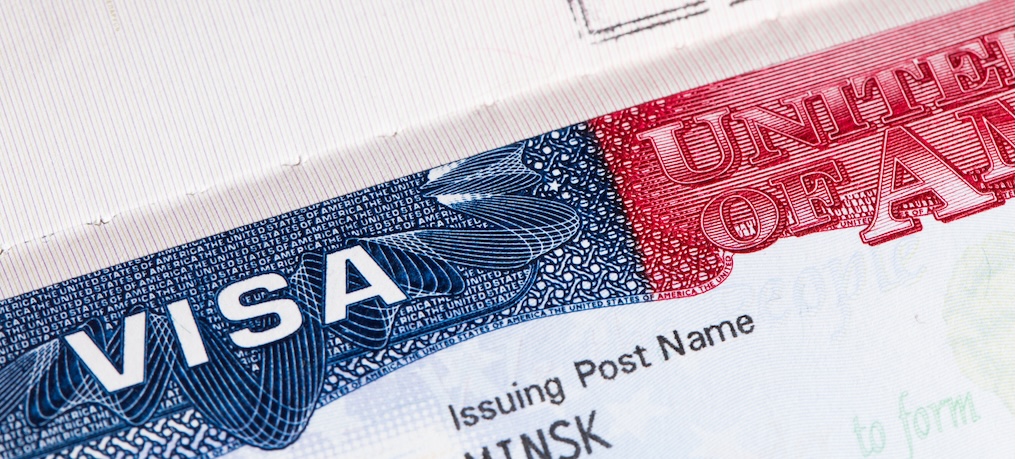
Some E-2 visa applications are denied not because the investor failed to invest or follow the rules, but because the business is considered marginal.
Under E-2 visa law, your business must demonstrate more than just the ability to support you and your family. U.S. immigration officers look for growth, economic contribution, and long-term potential. If your business doesn’t meet these expectations, your application could be denied, even if the investment is real.
In this guide, we break down how marginality is defined, identify key red flags to avoid, and explain how Brudner Law helps foreign investors establish E-2 businesses that clearly meet USCIS standards.
The term marginal enterprise comes from the Foreign Affairs Manual (FAM) and USCIS policy guidelines. It refers to a business that does not—and likely will not—generate income beyond what’s necessary to support the investor and their immediate family.
This doesn’t mean your business must be instantly profitable. It means your business must have a credible plan to grow, create jobs, and contribute economically.
USCIS assesses both present performance and future potential. If your business looks like a sole-income setup with no scale, no employees, and no long-term outlook, you’re likely to face a denial on marginality grounds.
See how Brudner Law helps investors structure E-2 petitions that get approved.
Many investors don’t realize they’re building a business that raises concerns. Here are the most common red flags we see in E-2 denials:
None of these issues automatically makes you ineligible, but without context and strong evidence, they increase the risk of marginal findings.
We recommend reviewing the U.S. Department of State’s E-2 visa overview.
Your business plan isn’t just a formality, it’s one of the most critical parts of your application. Officers are trained to examine viability, scalability, and overall economic contribution.
This means they’re looking for:
If your business plan lacks these details—or reads like a pitch to investors rather than an immigration roadmap—you’re likely to hit roadblocks.
Read our blog on how foreign entrepreneurs can secure an E-2 visa with stronger strategy.
At Brudner Law, we don’t just fill out forms. We help you build an E-2 case that works.
That includes:
We also help you avoid common legal pitfalls, like investing before your entity is properly structured or filing with weak documentation that doesn’t support your claims.
Get expert E-2 VISA guidance through legal support packages from Brudner Law today.
There’s no fixed amount—but investments under $100,000 often trigger more scrutiny. The key is whether your investment is substantial relative to the business and whether it shows job creation potential.
Yes, but only if you show scale. This could include plans to hire assistants, expand regionally, or diversify services.
That’s fine! We recommend starting with at least one employee (even part-time! ) and include a plan that reflects credible projections, hiring targets, and financial details to support your growth path.
You’ll need to respond with clear evidence—updated financials, detailed business plan revisions, or additional documentation. Brudner Law can help craft an effective response to keep your petition on track.
The E-2 visa offers incredible opportunities—but also requires clarity, detail, and strategic planning. Marginality isn’t about how much you want the business to succeed—it’s about proving that it will support more than just you.
If you’re preparing an E-2 case or worried your business model might be flagged as marginal, get the legal support that makes the difference. Brudner Law works with international entrepreneurs to design, document, and deliver E-2 petitions that meet the mark.
Let’s turn your investment into an opportunity that lasts. Contact us to schedule a consultation.
Embrace your Future with Brudner Law